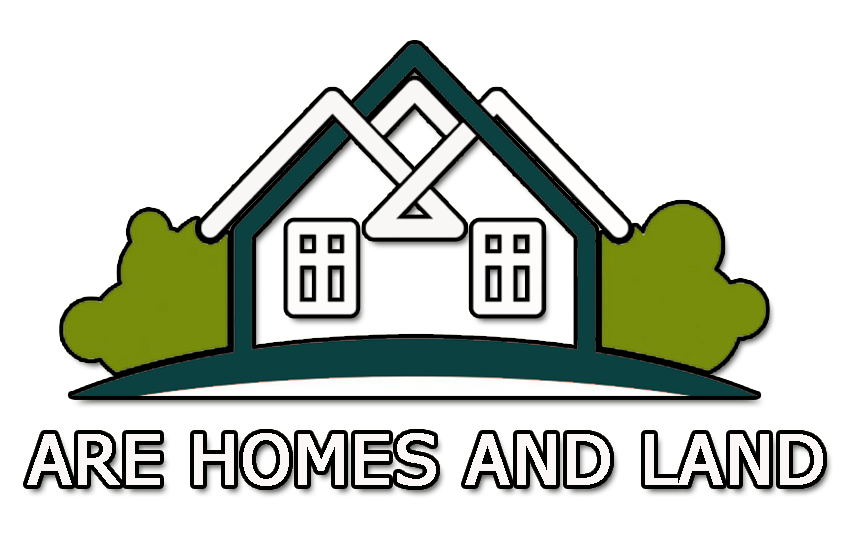The kitchen is no longer just a functional space for cooking; it has evolved into the heart of the home, where style, functionality, and innovation intersect. Modern kitchen design embraces clean lines, sleek materials, and cutting-edge technology to create spaces that are not only visually stunning but also highly functional. In this comprehensive guide, we will delve into the art of kitchen design, exploring key elements, design principles, and practical tips to help you create a modern kitchen that perfectly reflects your style and meets your needs.
- Embracing Clean Lines and Minimalism:
At the core of kitchen design is the principle of clean lines and minimalism. This design philosophy emphasizes simplicity and avoids clutter. Opt for flat-panel cabinets, handleless designs, and streamlined appliances to achieve a sleek and uncluttered aesthetic. The use of simple geometric shapes, such as rectangles and squares, further enhances the clean lines and minimalist feel of a modern kitchen.
- Incorporating High-Quality Materials:
Modern kitchen design is known for its use of high-quality materials that exude luxury and durability. Consider materials such as stainless steel, glass, quartz, and natural stone for countertops, backsplashes, and flooring. These materials not only provide a contemporary look but also offer functionality and easy maintenance.
- Playing with Contrasting Colors:
Contrasting colors are often used to create visual interest and depth in modern kitchen design. While neutral color palettes remain popular, consider adding bold accents or contrasting hues to create focal points. For example, pairing white cabinets with a vibrant-colored island can make a striking statement and add a touch of personality to your modern kitchen.
- Open Floor Plans and Seamless Transitions:
Modern kitchens are often designed with open floor plans that seamlessly connect with the adjacent living or dining areas. This creates a sense of flow and allows for easy interaction and entertainment. When designing your modern kitchen, consider open shelving, kitchen islands with bar seating, and large windows to enhance the feeling of openness and connectivity.
- Utilizing Smart Technology:
Modern kitchen design embraces the integration of smart technology to enhance convenience and efficiency. Consider incorporating smart appliances, touchless faucets, motion sensor lighting, and voice-activated controls into your design. These features not only make daily tasks easier but also give your kitchen a futuristic and cutting-edge appeal.
- Focus on Functionality and Storage:
While aesthetics are crucial, modern kitchens prioritize functionality and efficient use of space. Optimize storage with clever solutions such as pull-out cabinets, hidden drawers, and built-in organizers. Consider incorporating ergonomic design principles, ensuring that workstations are within easy reach and appliances are placed strategically for smooth workflow and accessibility.
- Statement Lighting Fixtures:
Lighting plays a vital role in modern kitchen design, both in terms of functionality and aesthetics. Incorporate statement lighting fixtures, such as pendant lights or LED strips, to add a touch of elegance and create visual interest. Consider placing lights strategically to highlight specific areas, such as the kitchen island or backsplash, adding depth and ambiance to your modern kitchen.
- Incorporating Sustainable Elements:
Modern kitchen design embraces sustainability and eco-friendly practices. Consider using energy-efficient appliances, recycled materials, and low-VOC finishes. Incorporate natural elements, such as indoor plants or reclaimed wood, to bring a sense of warmth and sustainability to your modern kitchen.
- Balancing Open Shelving and Concealed Storage:
Modern kitchen design often features a mix of open shelving and concealed storage. Open shelving allows for the display of stylish dinnerware and decorative items, adding a personalized touch. Meanwhile, concealed storage keeps countertops clutter-free and maintains the minimalist aesthetic. Striking a balance between these two elements creates a harmonious and functional modern kitchen.
- Personalizing Your Space:
While kitchen design follows certain principles, it is essential to personalize your space to reflect your style and preferences. Add personal touches through artwork, unique fixtures, or statement pieces of furniture. The key is to maintain a cohesive design while incorporating elements that make your modern kitchen feel uniquely yours.
The Bottomline:
Modern kitchen design is an art form that combines aesthetics, functionality, and innovation. By embracing clean lines, utilizing high-quality materials, playing with contrasting colors, incorporating smart technology, prioritizing functionality and storage, and focusing on lighting, sustainability, and personalization, you can create a modern kitchen that is not only visually stunning but also practical and tailored to your lifestyle. So, unleash your creativity, embrace the principles of modern kitchen design, and transform your kitchen into a space that is both a culinary haven and a reflection of your style.


